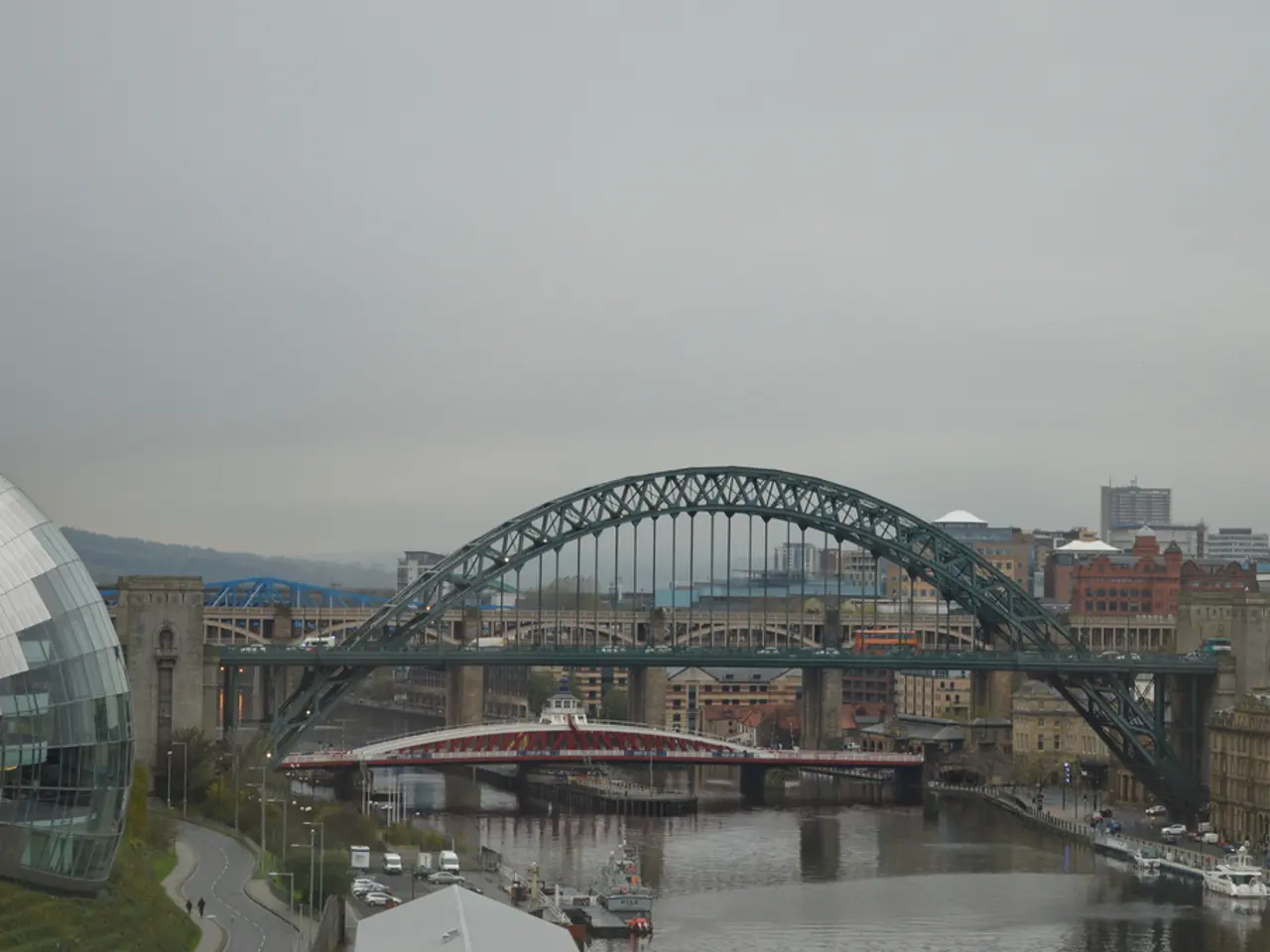Ghana’s Keta Port Clears Key Hurdle, Paving Way for 24-Hour Economic Hub
The Keta Port project has reached a significant milestone with the successful completion of the Environmental and Social Impact Assessment (ESIA) Public Hearing. This marks a step forward in the development of the port, which is set to create thousands of jobs and stimulate industrial growth in Ghana.
The Keta Port, designed to rebalance Ghana's maritime economy, will serve as a cornerstone of the country's 24-Hour Economic Policy, operating as a 24-hour logistics and industrial hub. Its strategic location offers a competitive advantage and is expected to decongest existing ports while expanding maritime capacity.
The development of the Keta Port is anticipated to trigger new investments in power, transport, tourism, and industry, transforming the Volta Corridor. Ghana Ports and Harbours Authority (GPHA) has published a detailed development roadmap, with construction slated to begin in 2025. The roadmap includes construction timelines, financing structure, stakeholder engagement, and institutional coordination.
Transparency is key to building investor confidence and maintaining community trust in the Keta Port project. GPHA must demonstrate visible leadership by publishing project schedules and issuing quarterly progress updates. The Keta Port must not remain a mere blueprint but become a living, measurable project that reflects institutional discipline and policy coherence.







